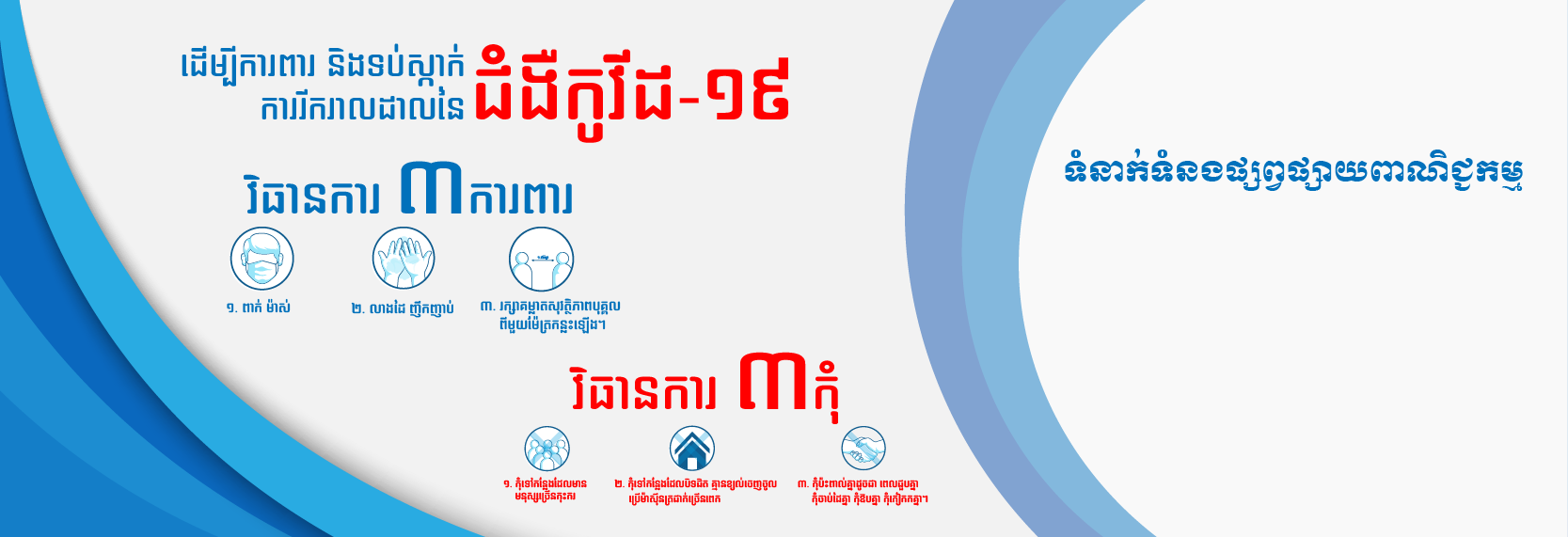They do so by identifying weaknesses in their systems and then helping them mitigate those issues for greater cybersecurity. This role is critical for organizations to adopt a more robust security posture. Our Virtual Classroom training combines our live, virtual cyber range, real-world instructors, content, exercises and peer collaboration to give you the best chance at certification and the biggest return on your investment. The EC-Council Certified Incident Handler (ECIH) program focuses on a structured approach for performing the incident handling and response (IH&R) process. This systematic incident handling and response process creates awareness among incident responders in knowing how to respond to various types of security incidents. Consider the CompTia a+_ Specialization on Coursera to gain fundamental skills in cybersecurity.
- It involves a strict test environment where learners are given real-world ethical hacking scenarios to test on.
- The Certified Ethical Hacker (CEH) provides an in-depth understanding of ethical hacking phases, various attack vectors, and preventative countermeasures.
- We test your abilities with real-world challenges in a real-world environment, using labs and tools requiring you to complete specific ethical hacking challenges within a time limit, just as you would face in the real world!
- Upon completion, you’ll have exclusive access to a job platform with over 150 employees hiring for entry-level cybersecurity roles and other resources that will support you in your job search.
The CEH v12 program helps you develop real-world experience in ethical hacking through the hands-on CEH practice environment. CEH Engage equips you with the skills to prove that you have what it takes to be a great ethical hacker. The CEH certification is a globally recognized credential that validates your knowledge and skills in ethical hacking.
How much does obtaining a CEH certification cost?
The hands-on exam will test you to your limits in unearthing vulnerabilities across major operating systems, databases, and networks. It mimics a real corporate network using live virtual machines, networks, and applications, designed to test your skills. You will be presented with various scenarios and will be asked to demonstrate the application of the knowledge acquired in the certified ethical hacker course to find solutions to real-life challenges. This ethical hacking certification from the EC-Council ranks among the top cybersecurity certifications companies are hiring for, appearing in nearly 10,000 job search results.
- It includes hacking challenges at the end of every module and is built 100% in compliance to the NICE 2.0[citation needed] Framework to ensure a systematic job role mapping.
- There is also a high demand for IT security professionals and for this reason, the salary, and benefits are definitely perks.
- This role is critical for organizations to adopt a more robust security posture.
- Learn how to use the latest techniques and tools to perform foot printing and reconnaissance, a critical pre-attack phase of the ethical hacking process.
After passing the exam, you’ll need to earn 120 EC-Council Continued Education (ECE) credits within three years to maintain your certification. That means, if you need a cybersecurity specialist for your business, they will be expensive and difficult to find. The CEH certification itself is based on a complex course designed for candidates with a minimum of two years of experience in IT security or a relevant field. The https://remotemode.net/become-a-security-specialist/certified-ethical-hacker/ official CEH exam is designed to test the candidate’s knowledge of security threats, risks, and counter-measures through both lectures and practical lab work. It’s crucial to have a wide knowledge of the different methods malicious hackers use in order to break into a network or system. The job also requires attention to detail and the ability to think outside the box to find new ways of entering a system illegally.
Get Certified with CEH Master
By providing an understanding of system weaknesses and vulnerabilities, the CEH course helps students learn to protect their organizations and strengthen their security controls in order to minimize the risk of a malicious attack. The EC-Council Certified Ethical Hacker (CEH) certification and the CompTIA PenTest+ certification demonstrate to employers you have an in-depth knowledge of ethical hacking and penetration testing. They are industry-recognized certifications that verify the training required to identify system weaknesses and vulnerabilities. Gain in-depth training in ethical hacking methodologies through lectures and hands-on labs.
This knowledge is assessed by answering multiple choice questions regarding various ethical hacking techniques and tools. EC-Council’s Certified Ethical Hacker (C|EH) program is the best way to become an ethical hacker with world-renowned credentials. The C|EH program provides learners with a comprehensive range of skills and a deep understanding of ethical hacking by combining theoretical instruction with hands-on training.
What’s new in CEH V10
Continue reading to learn more about the six best certifications for ethical hackers to boost your IT career. The goal of this course is to help you master an ethical hacking methodology that can be used in a penetration testing or ethical hacking situation. You will walk out the door with ethical hacking skills that are highly in demand. The US Bureau of Labor Statistics (BLS) reports that information security analysts are projected to grow 32 percent in this decade, much faster than the 8 percents average across all occupations [1]. As demand increases for cybersecurity professionals, so does the demand for specialized skills like those needed for ethical hacking. As you complete your training and hands-on labs, CEH Engage lets you apply everything you have learned in a mock ethical hacking engagement.
- Coursera’s editorial team is comprised of highly experienced professional editors, writers, and fact…
- The EC-Council Certified Ethical Hacker (CEH) certification and the CompTIA PenTest+ certification demonstrate to employers you have an in-depth knowledge of ethical hacking and penetration testing.
- Candidates learn penetration testing skills within cloud, hybrid and traditional on-site environments as well as skills including web applications and the Internet of Things (IoT).
- In addition to the two multiple choice certification exams, students will also be given the CEH practical exam.
- EC-Council’s Certified Ethical Hacker (C|EH) program is the best way to become an ethical hacker with world-renowned credentials.
The difference between the OSCP from other certifications is that it tests the true proficiency of candidates. There are no immediate prerequisites for this exam, but Offensive Security recommends that learners have experience in networking, bash scripting, Perl or Python, and Linux. Cybersecurity professionals pursuing incident handling and response as a career require comprehensive training on Incident Handling and Response (IH&R) concepts and real-world scenarios. The C|EH (Master) credential proves to current and future employers that the holder’s information security abilities are of the highest caliber. While there are no specific eligibility criteria for the C|EH (Practical), candidates are strongly recommended to first take the C|EH course. In order to earn the C|EH (Master) certification, participants must pass both the C|EH certification exam and the C|EH (Practical).
CEH (Practical)
Your security assessment objectives will be presented as a series of flags (questions you must answer in the Cyber Range by performing ethical hacking activities on the target organization). CEH is divided into 20 modules and delivered through a carefully curated training plan that typically spans across 5 days. As you progress through your training, each module offers extensive hands-on lab components that allow you to practice the techniques and procedures taught in the program in real-time on live machines. Since all questions are multiple-choice, test-takers rarely run out of time during the exam.







